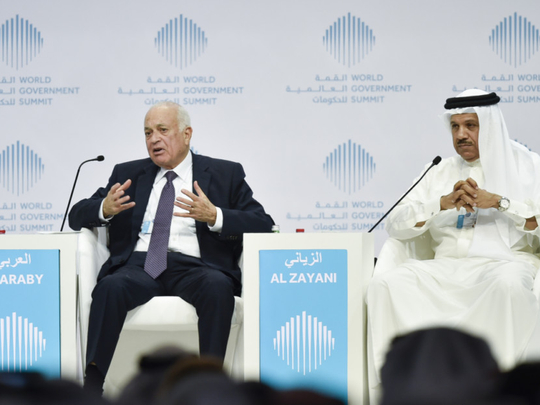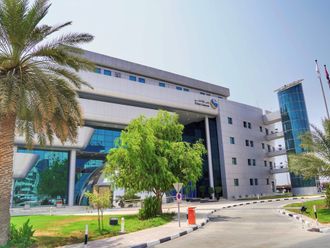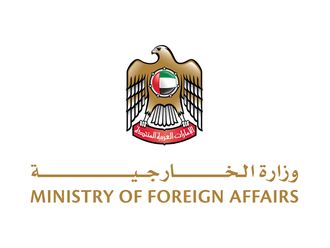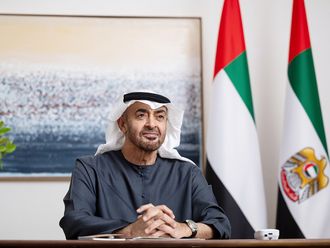
Dubai: Resolving the conflict in Yemen was listed as a priority at the World Government Summit’s session ‘Preparing for the future: Five things Arab Governments Should Act on Now’ on Monday.
“The aim in using force in Yemen is to restore legitimacy. Now we prepare for the first day of peace in Yemen so we can start the reconstruction process,” said Dr Abdul Latif Al Zayani, secretary-general of the Gulf Cooperation Council (GCC).
He listed several challenges that Gulf nations should work on, with the eradication of terrorism in the region, and the need to collectively facilitate humanitarian assistance to help displaced refugees as two that call for urgent attention.
Highlighting the importance for a clear vision for the Arab world, Al Zayani said the region must prepare to reunite and speak with the same voice in order to progress in the upcoming phase. He discussed the importance of ensuring that the international community upholds the respect of UN resolutions and international treaties, pointing out that all human rights violations in Yemen must be documented. The rebuilding process will ensure that Yemen’s economy is integrated with the Gulf’s economy, he added.
“We wanted to spare Yemen the bloodshed and civil war of today. Now, the Gulf states must focus on ridding Yemen of being a safe haven for terrorist groups,” he said.
Praising the UAE leadership’s role in dealing with the Yemen crisis, Al Zayani said the country continues to be optimistic about the future of the region by finding opportunities in the challenges presented.
Dr Nabeel Al Arabi, secretary-general of the Arab League, also spoke on the urgent need for collective humanitarian assistance in countries of conflict such as Syria, Libya, Iraq, and Yemen. He said the Arab League is working with international organisations and taking part in the United Nations’ relief projects to help those affected by the conflict.
Al Arabi said the Arab League will have an effective role in resolving the challenges facing the region and creating a peaceful dialogue between Arab countries.
“Some of the five challenges Arab governments should act on are achieving good governance, working on sustainable development, allocating attention to education and scientific research, eradicating terrorism, and resolving the conflicts in the region,” he said.
While governments take political decisions to reach out to countries in conflict, many resort to international organisations to implement them, explained Al Arabi.
He pointed out that often there are discrepancies between what is “written on paper, and what is being done”, halting the implementation of some humanitarian relief projects.












